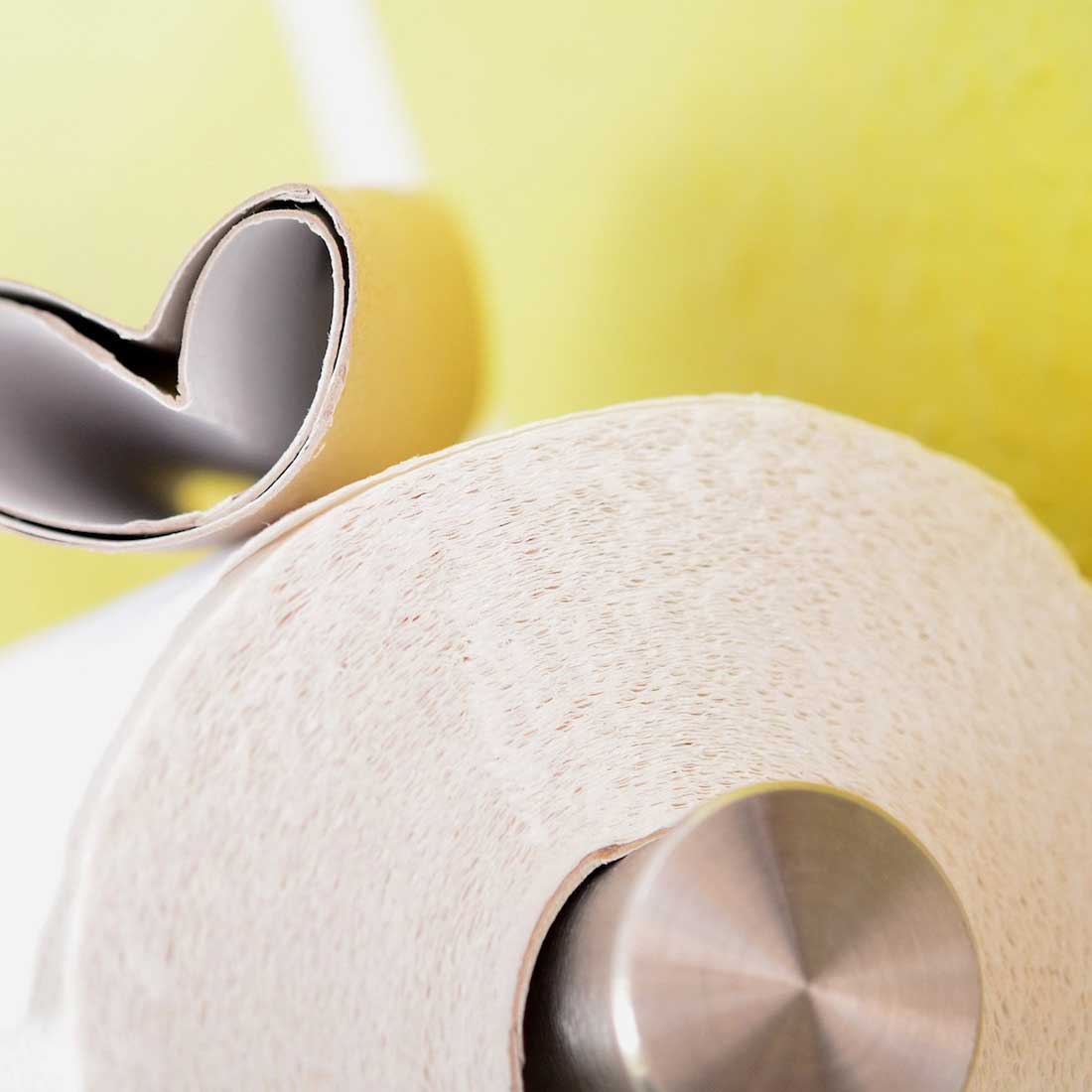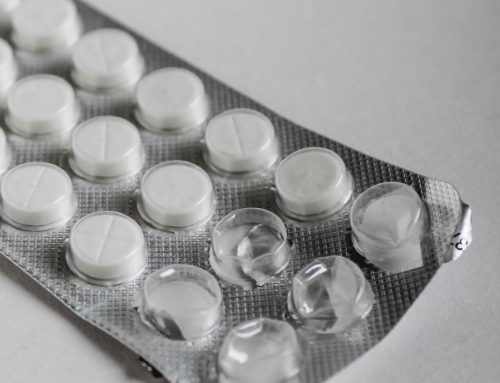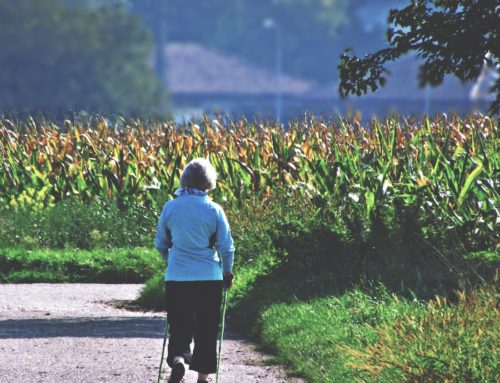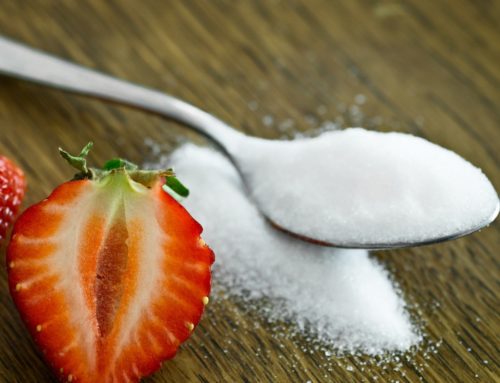Your intestinal health is incredibly important for digestion and nutrient absorption. Symptoms of stomach pain, bloating, constipation and diarrhea can all be signs that something is wrong. You may have heard of IBD and IBS. They can often be confused because they sound so similar, and a few of their symptoms are alike. IBD stands for inflammatory bowel disease, where as IBS stands for irritable bowel syndrome.
The main difference between the two conditions is that IBD is a physical issue within the intestinal tract, while IBS shows no physical damage or major inflammation as its cause of distress. Inflammatory bowel disease shows physical distress in the colon through ulcerations, bleeding or inflammation that is diagnosed and confirmed with medical testing. Irritable bowel syndrome is often attributed to diet, stress, infection and hormones, but the causes may be different from person to person.
Crohn’s disease and ulcerative colitis are the two main types of inflammatory bowel disease. Unlike ulcerative colitis, crohn’s is not limited to just the large bowel. The inflammatory damage of crohn’s disease can affect the digestive tract from top to bottom.
Inflammatory bowel disease causes physical damage to the digestive tract and can impact a person’s overall health as well. It can disrupt nutrient absorption leading to deficiencies, increase food sensitivities and allergies, and change gut flora contributing to dysbiosis of the microbiome1. It’s common to see weight loss, fatigue, dehydration, abdominal pain or cramping and irregular or unhealthy bowel movements in those who suffer from IBD.
Conventional treatment can include pharmaceutical and surgical intervention depending on the severity of the condition. Surgery attempts to remove the affected intestinal parts that are causing the most pain, inflammation or ulceration. It’s a necessary option for people with severe suffering, bleeding or severe damage to the bowel, but it does create issues for longterm health. The surgery does not always ensure that the disease process stops, though. It just stops the immediate danger from a bleeding or damaged bowel.
Removing parts of the bowel can affect the absorption of fat soluble nutrients important for a number of functions throughout the body. It can also make certain foods harder to digest, meaning special attention to diet should be made for the rest of a person’s life to accommodate for issues of malabsorption.
If you are diagnosed with any form of IBD, it’s important to start making diet and lifestyle changes right away to help to reduce inflammation, get natural pain relief, and encourage intestinal healing.
NOTE: Inflammatory Bowel Disease (IBD) can be a very serious and even life-threatening condition.
If you have IBD you MUST consult your doctor or health care provider to make sure that it is safe for you to try these remedies. Severe cases of IBD sometimes require surgery and you should not be treating this condition on your own without assessment by a qualified health care professional. If you have a fever, if it hurts your belly any time you move or cough, if you have blood, pus or mucus in your bowel movements, get qualified medical help and do not try to treat your condition on your own.
How to Reduce Intestinal Inflammation Naturally
1. Remove all food allergens
Food allergies and sensitivities can create inflammation in the gut. Avoid eating foods that you know can be problematic to you. Gluten, dairy, yeast, corn, onions and garlic can all be trigger foods for people suffering from IBD. If you’re unaware of any food allergies, work with a practitioner and keep a food journal to note when digestive symptoms are at their worst.
2. Eat an anti-inflammatory diet
Foods have the power to both increase and decrease inflammation in the body. Certain foods have more powerful anti-inflammatory benefits than others, like turmeric, ginger and omega-3-rich fish. Eating a diet rich in these foods can help to reduce inflammation throughout the digestive tract which can help reduce symptoms of pain.
3. Drink plenty of water
People who suffer from IBD are at risk of experiencing dehydration. When IBD causes diarrhea, the body loses hydration and electrolytes. Replenishing fluids by drinking plenty of water or herbal teas and broths can help to replace electrolytes and maintain hydration levels.
4. Supplement with gut healing nutrients
Certain foods and nutrients have the power to promote gut health. Aloe vera, L-glutamine, and probiotics are all great options for gut healing. Aloe helps to sooth inflammation, L-glutamine helps to repair the integrity of the intestinal wall2, and probiotics help to restore the microbiome.
5.Reduce stress
Keeping stress levels low can help to encourage proper digestive function. Trying deep breathing techniques, or other stress reduction methods can help to promote a feeling of relaxation. Removing stress factors from your life can also help lower your exposure to negative situations.
Chew on this
Inflammatory bowel disease (IBD) is a serious health condition that includes physical damage and inflammation within the intestinal tract. Crohn’s disease and ulcerative colitis are the two most common types of IBD.
IBD affects the body’s ability to digest and absorb nutrients from foods. Eating an anti-inflammatory diet, drinking plenty of water and keeping your stress levels down can help support digestive health and gut healing.
Sit down to enjoy a meal, chew your food well, and relax.
For further information, you may find this book to be helpful: Breaking the Vicious Cycle by Elaine Gottschall.
What do you do to support digestion? Do you sit down for meals and relax or are you always eating on the go? Tell us in the comments below.




